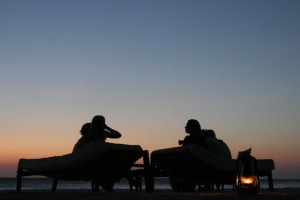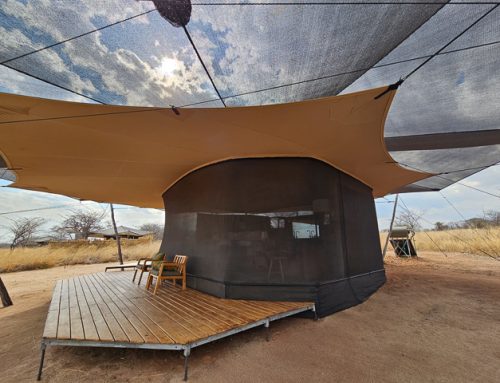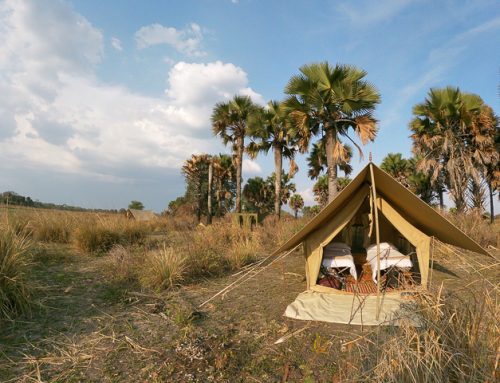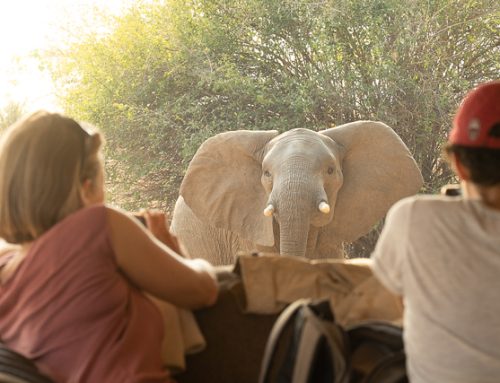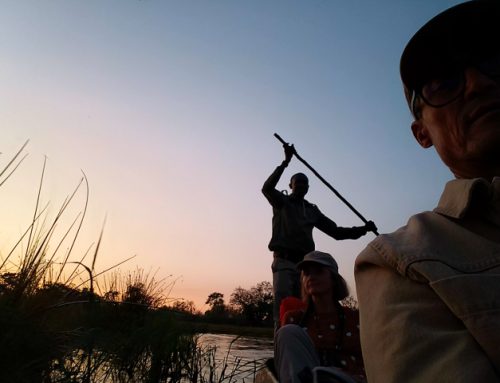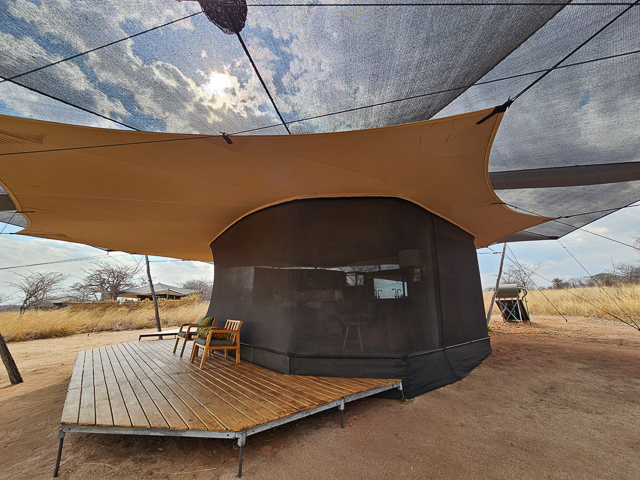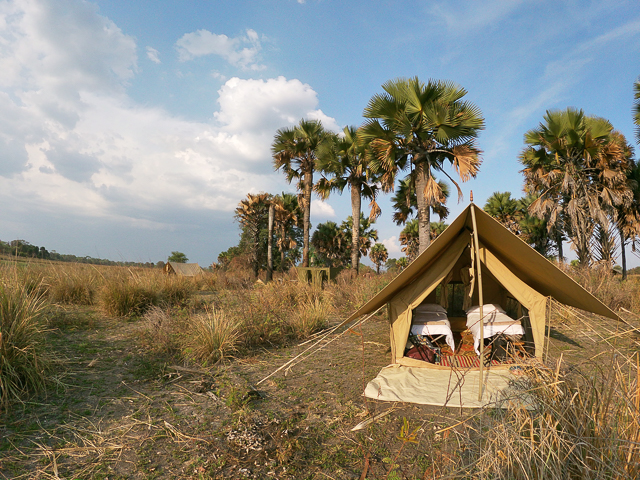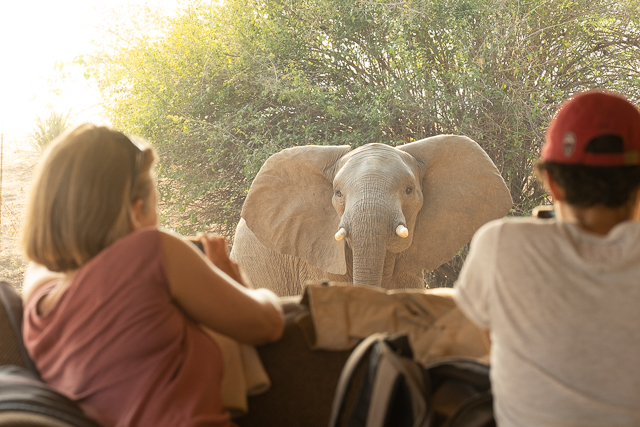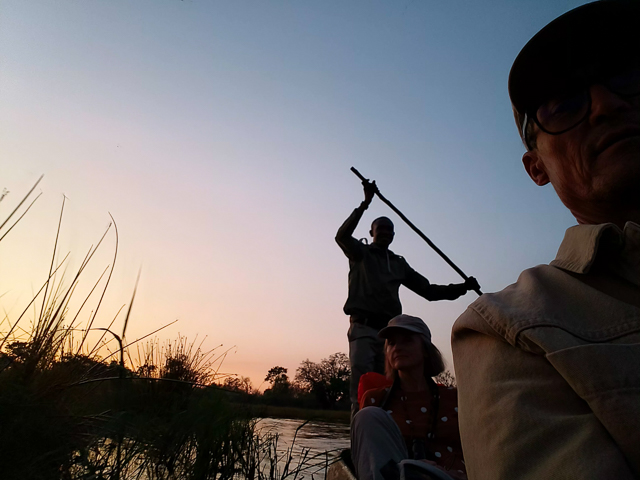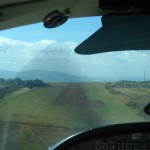
I recently hosted the Senft family from Vancouver, Canada on safari in Tanzania, and they were no exception. In fact Jeannie and Rod’s eldest son Riley and his partner Sarah live half way across the Canadian Prairies. They live so far from Riley’s parents that it was easiest for them to join the rest of the family at the start of their African safari, not in Vancouver, or Toronto, or even London, but in the transit area of Jomo Kenyatta International Airport in Nairobi, Kenya! It was a great way for the family to begin their safari. Of course those who had just arrived had been on two marathon flights. There was a lot of excitement in the transit area wh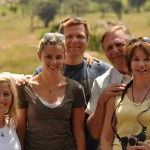
Our flights took us to a dirt airstrip, perched right on the top of the Great Rift Valley, overlooking Lake Manyara, which is only 15 minutes drive from the entrance of Lake Manyara National Park, a world heritage site. This is a fascinating melange of acacia woodland, jungly groundwater forest, open grasslands, rugged and rocky cliffs, and a massive extremely shallow lake.
Soon conversations in the Land Cruiser involved the new environment – the wildlife, people and places. 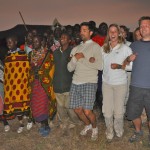
A short two weeks later we are on a white sandy beach, on a private island off Zanzibar, sipping cocktails, and Lauren is d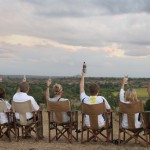
As the sun sets over the indigo Indian Ocean, the chatter stops. Waves rhythmically lap in front of us. Time seems to have paused for a bit. Although silent, we are still smiling.
Photo credits – Derek Senft, Justin Bell, Hamza

